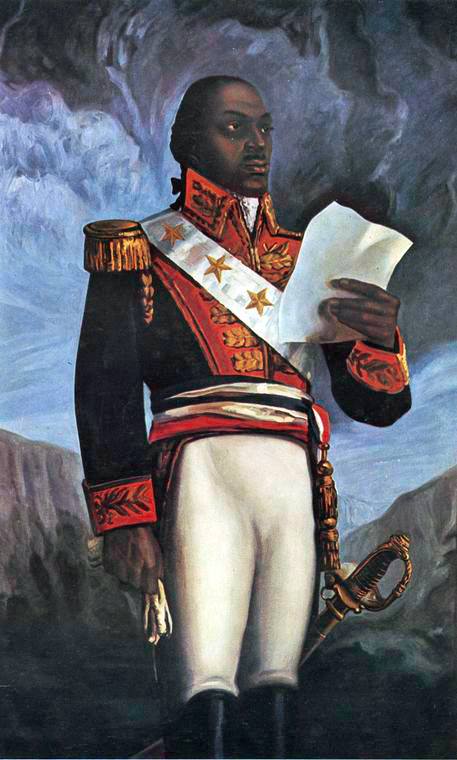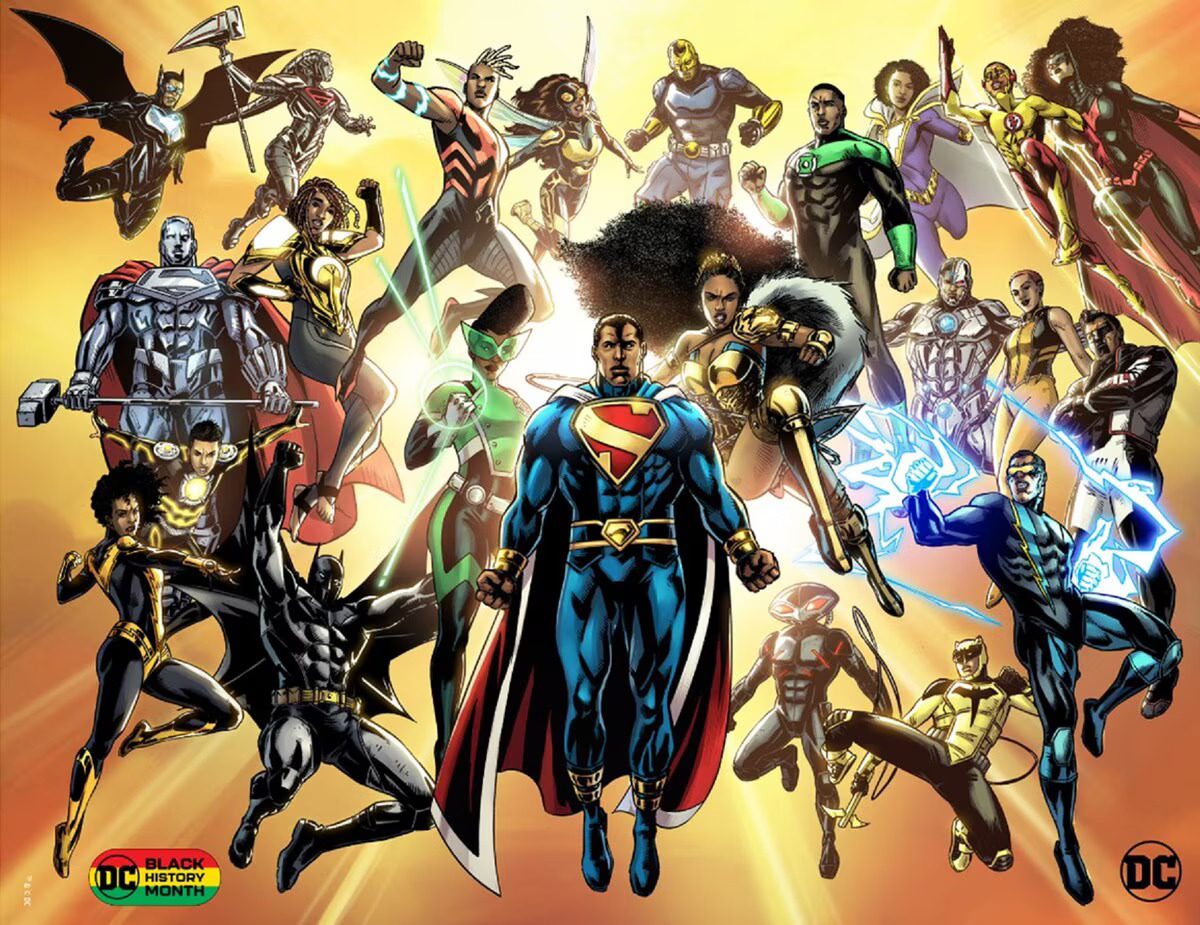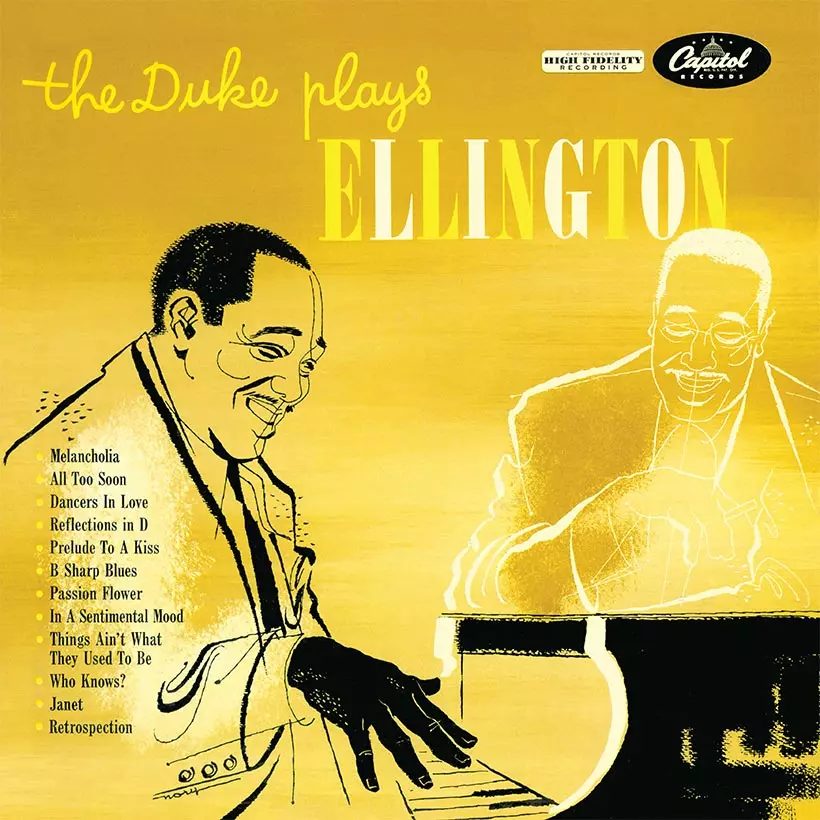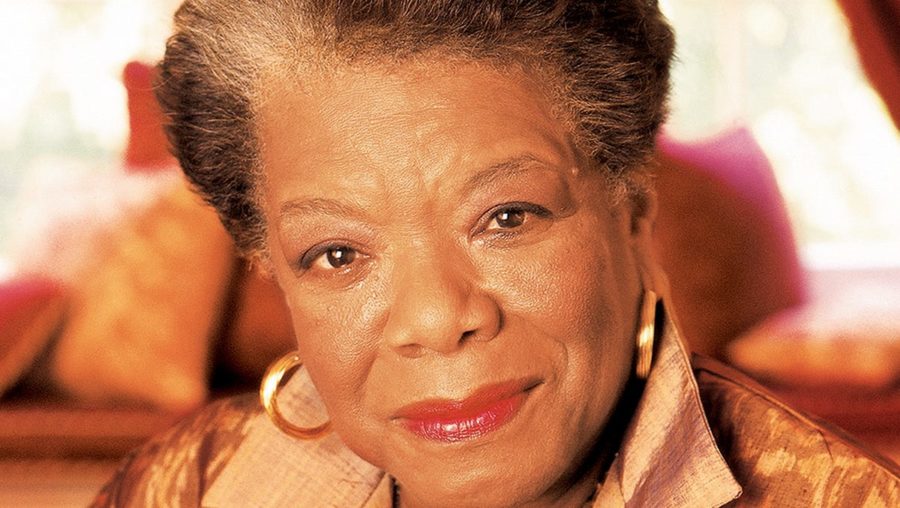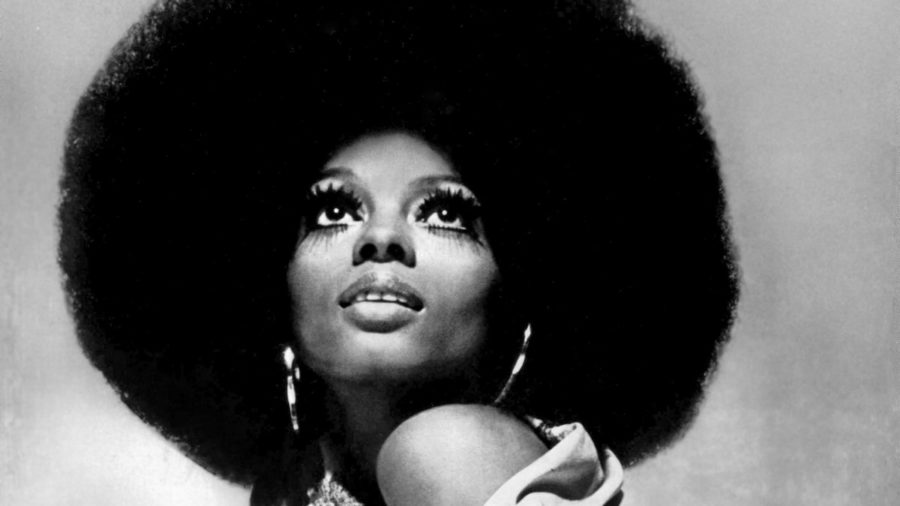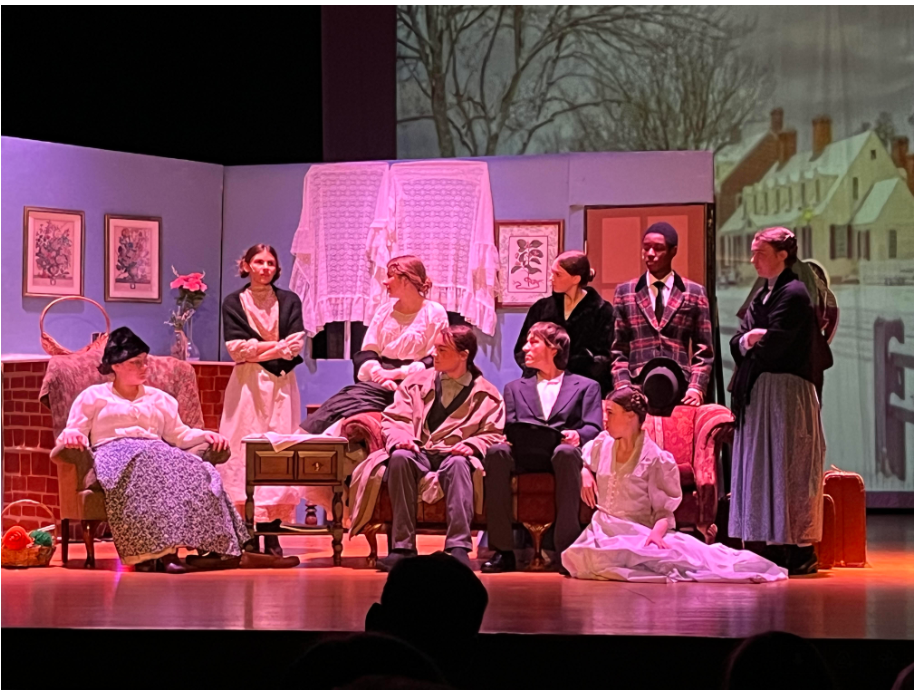Happy Black History Month everyone! Throughout history, there have been many influential African figures that deserve to be extensively studied for their contributions to society. Whether it be African-American impact on music, Martin Luther King Jr. and his contributions to civil rights in America, or Hailie Selassie, the only independent African ruler during the colonial period, they have all made large impacts on society. However, squished in between all these people and events lies one person who led the only successful slave revolt in human history. This is Toussaint L’Ouverture, the “Black Napoleon.”
L’Ouverture was born in the French colony of Cap-Francais, Saint-Domingue in 1743. His father was an educated slave, and learned French through Jesuit contacts in Haiti; however, he mostly spoke and wrote in Haitian creole. Due to being a good worker, his plantation owner made him a livestock owner, handler, and eventually steward. In 1776, he was legally freed by his master, got married, and had two sons. L’Ouverture was described as a fervent Roman Catholic, which was in sharp contrast to other freed and enslaved people in Haiti, whom often believed in Haitian Vodou.
In 1791, when the French Revolution was starting to cause widespread violence in Europe, it spread to Haiti as well. A major slave revolt began in the northern province of Haiti, and L’Ouverture was initially uninterested. He had actually helped his former master escape the island before joining the African forces against the French troops stationed in the colony. In 1793, in combination with the British, Spanish, and other slave commanders, they overran the French defenders on the island of Hispaniola.
After traveling to the French National Convention to argue for the freedom of the island, the French republican leaders made him the Lieutenant-Governor of the island. He legally dismantled the system of slavery and allowed former masters and emigres to come to the island to help kickstart the economy, and under military force he helped the agriculture industry thrive on the island. He was beloved by all people on the island.
Catholicism was made the state religion of Hispaniola, and L’Ouverture was titled “Governor-General for life,” effectively becoming a dictator. There was no longer a supervisory French official on the island, however L’Ouverture remained loyal to Napoleon Bonaparte. Like Napoleon, he repealed most of the revolutionary reforms on the island. All this was done to prevent the French from returning to the island and reversing the freed culture that L’Ouverture helped create. He feared Napoleon and knew he wanted to overthrow him to restore Saint-Domingue as a profitable colony for France. After a large French army under general Charles Leclerc overran the island’s defenders and other prominent black leaders defected to the French side, L’Ouverture agreed to surrender under the condition that slavery not be restored on the island.
After L’Ouverture retired, he was invited by French general Jean-Baptiste Brunet to a parley with other notable Haitian leaders. The invitation was set up by Napoleon and Leclerc to seize Toussaint and arrest him, because they believed he was planning another slave uprising in the colony. He was taken by French military forces to Fort-de-Jaux in the Jura mountains, where he would stay until his death in 1803.
While his administrative and military career was relatively short, in that time, L’Ouverture managed to orchestrate the only successful slave revolt in human history. His impact is still culturally felt in the Americas, and is looked upon as an icon in the civil rights community.













